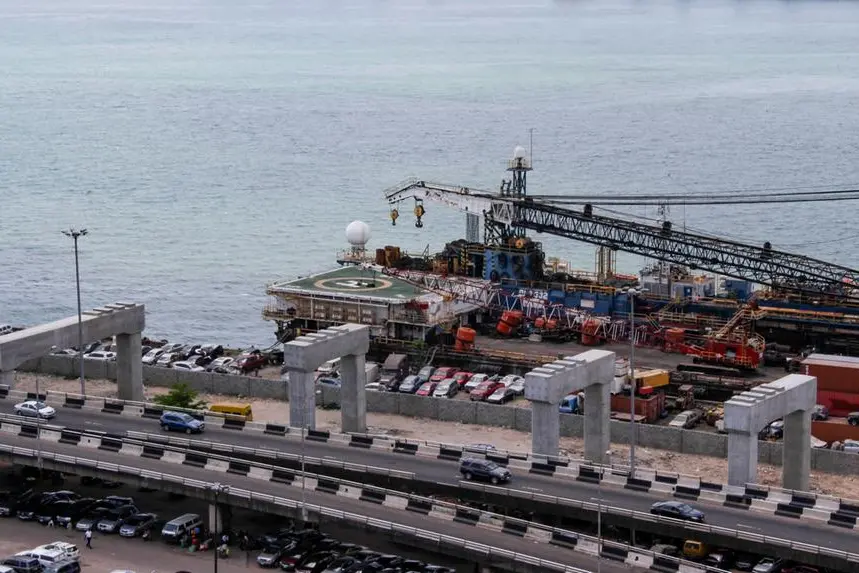PHOTO
France's Ocea has received another order from Nigeria, this time for nine vessels for the Nigerian Navy.
French publication, Mer et Marine, in January reported that the contract entered force at the end of 2022 and covers three 46 metre OPV 190 offshore patrol vessels, four 15 metre interceptors, and two 32 metre FPB 96 vessels.
Nigeria’s 2023 budget allocates N9 billion ($19 million) for the ongoing procurement of three 32 metre Ocea fast patrol boats, six special forces boats, and six RHIBs (rigid hull inflatable boats). Another line item lists N12 billion ($25.8 million) for the acquisition of patrol boats for the Nigerian Navy.
Nigeria has been a repeat customer for Ocea vessels, having received 18 boats and ships from the French shipyard. These include one FPB 98 Mk I patrol vessel, eight FPB 72 Mk II vessels, two FPB 110 and two FPB 110 Mk II patrol vessels in addition to four C-Falcon interceptors and the hydrographic survey vessel NNS Lana.
In October 2021, Ocea announced that it would be supplying a 35 metre OSV 115 SC-WB hydrographic survey vessel to Nigeria in support of the NNS Lana.
Related News Passengers stranded as fake alerts, cash crunch hit Lagos jetties Need for Nigeria/AU to join G20 countries Are Nigerians enthusiastic about retrieving Nigeria?
Other recent naval deliveries include a donated 46 metre patrol boat from China, received in October 2022, four RHIBs from the UAE’s ASIS Boats, delivered in August 2022, and the Landing Ship Tank NNS Kada, which arrived home from Damen Shipyards in the UAE in May last year.
The new acquisitions are helping Nigeria ensure safety and security in the Gulf of Guinea, which has for years been plagued by piracy, armed attacks against shipping, sea robbery, Illegal, Unreported and Unregulated (IUU) fishing, smuggling of small arms and light weapons, contraband and narcotics, trafficking and illegal mining as well as crude oil theft/illegal bunkering activities.
The Gulf of Guinea stretches from Senegal to Angola, covering over 6 000 km of coastline, with Nigeria’s maritime environment constituting 12 percent of the entire Gulf of Guinea. The region accounts for 10 percent of oil and 4 percent of natural gas exports to the European Union, with sea-borne trade accounting for over 85 percent of total trade with the rest of the world.
Nigeria loses around $26 billion a year to criminal activities, particularly piracy and sea robbery. Up until 2021, the Gulf of Guinea was regarded as the most dangerous maritime area in terms of the success rate of ship attacks, with the International Maritime Bureau (IMB) stating that of 135 maritime kidnap cases recorded in 2020, 130 took place in the Gulf of Guinea. Concerted efforts by the Nigerian Navy and other navies in the region has led to a reduction in pirate activity, with Nigeria recently exiting the International Maritime Bureau’s Piracy List.
Copyright © 2022 Nigerian Tribune Provided by SyndiGate Media Inc. (Syndigate.info).




















